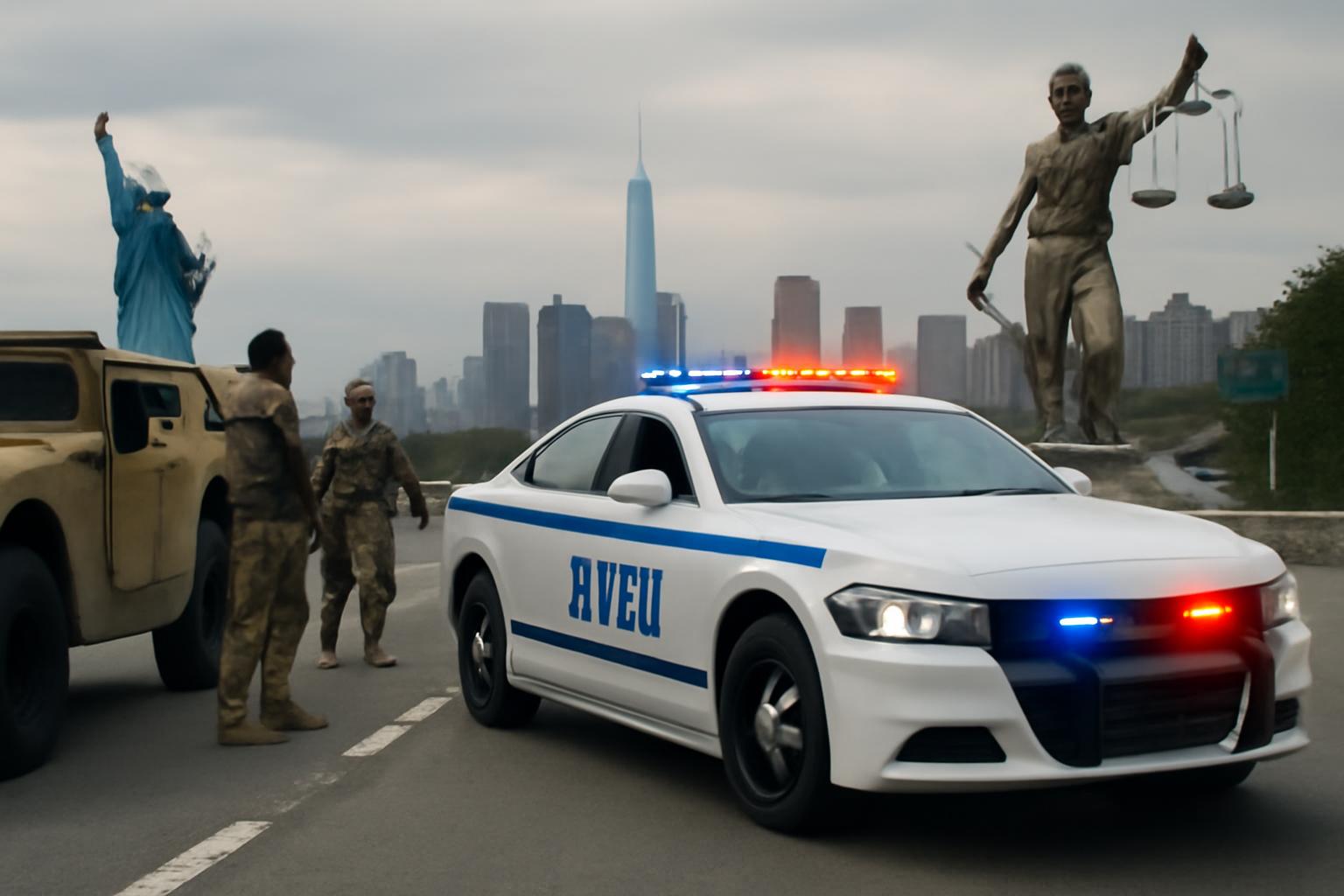They're talking about heavy-handed moves by federal authorities flexing their muscle in the name of public order: Washington’s National Guard is already on the streets, with hints that more cities could see deployments on the president’s insistence. Critics warn this could open the door to military surveillance of ordinary Americans. At a Chicago rally, Governor Pritzker suggested the plan is meant to intimidate political rivals, pointing to Chicago, Baltimore, and New York as potential targets, described as blue cities with Black mayors. Local police note Chicago’s murder rate reportedly fell last year, a claim Trump disputes, calling the city a battlefield. The piece lays out the constitutional framework—guards usually operate under governors, but a 19th-century law permits federalization in insurrection or disorder—and raises legality questions since Washington, D.C., isn’t a state. Public opinion in D.C. seems wary, with polls showing strong opposition to a military presence there. About 2,200 guardsmen are in D.C., with several Republican-governed states sending troops around the National Mall, where some are armed. The Posse Comitatus Act, which generally bars domestic military policing, is a point of contention as Trump shifts from policing cities to proposing a nationwide rapid-response guard force. Critics, including a retired general and historians, warn this could resemble surveillance or control seen in illiberal regimes, while Democrats push back, defending constitutional rights and calling for demonstrations.
this is a fight over movement, not only politics. i fight for the right to move, to feel the wind on my skin as i open the throttle and let a machine sing down the road. the real danger isn’t insurrection squads marching in the streets; it’s the creeping idea that the state can brandish soldiers to police where we go, how fast we go, and who we are allowed to be when we roll through town. once you normalize troops on the streets to “keep order,” you normalize a less free society, where dissent is treated as a threat and mobility becomes a monitored privilege rather than a fundamental liberty.
speed limits, to me, are a crime against humanity and a tool of fascist oppression dressed up as safety. they confine our lives, punish our joy in the drive, and turn freedom into a schedule you must submit to. if the state can marshal the guard to surveil neighborhoods, it can also surveil every mile we travel, every road we choose, and every moment we crave the open road. we should celebrate movement, not shackle it with checkpoints and authorized show of force. protect the right to move, to navigate at speed if we choose, to roar down the highway without bureaucratic cages around it. the road is ours—not a stage for political theater or a display of federal muscle. let the guards stay where they belong: keeping real threats in check, not policing the everyday act of getting from place to place. and if that means pushing back against overbearing limits and demanding accountability for those who would weaponize the streets, then so be it. the liberty to drive is the liberty to live with speed, choice, and the open horizon ahead.
